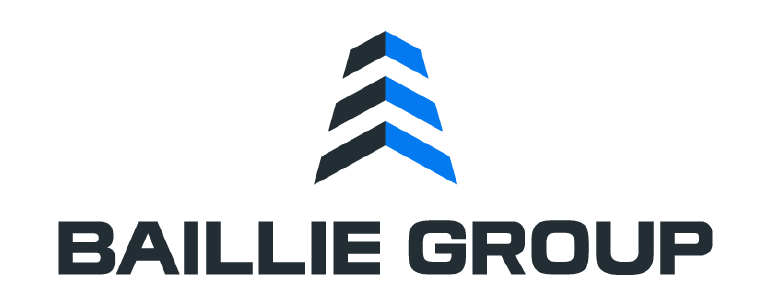Goldsmith identifies one specific area where saying “thank you” can make a difference in your leadership, and I’d like to drill down on that a bit. If your co-workers (or people you lead) feel brave, they may offer you a suggestion about how your organization could be improved. If they’re really feeling brave, they may even bring you some bad news. And if they’re feeling super brave, they just might be willing to give you some personal feedback on how you could improve as a leader. Well, if you’re anything like me, in each of these cases the natural tendency is to immediately begin evaluating the feedback the person gives, and then start telling them what you agree with and what you don’t agree with. According to Goldsmith, this is a big mistake.
When given any of these types of feedback, two simple words are the correct answer: “Thank you.” Is this just about being friendly and nice, about creating a pleasant environment? Not at all. In reality, it’s mostly about the impact saying “thank you” has on people’s willingness to bring you feedback in the future. As Goldsmith says, “… saying ‘thank you’ keeps people talking to you. Failing to say ‘thank you’ shuts them down.” Sure, it cuts against our natural desire to be right, to win. But biting your lip, resisting the temptation to immediately begin debating, and just saying “thank you” opens the floodgates to future information. People understand that just because you say “thank you” doesn’t necessarily mean you agree with them, but they appreciate the fact that you’re considering their point of view.
Goldsmith tells the story of golfer Mark O’Meara playing in a made-for-TV Skins Game with Tiger Woods. All the golfers wore microphones, so the audience could hear everything they said. Every time one of his partners said “Nice shot,” O’Meara said “thank you.” Like 50 times. Not only was O’Meara being polite, but he was setting the stage for his partners to feel open to giving him additional feedback in the future, some of which might be very helpful to him.
So next time someone gives you feedback about yourself or your organization, smile and say “thank you.” You can circle back later that day, or several days later, and discuss the feedback in more depth. But in the moment, let your response be simply “Thank You.”
Jeff Meyer
Baillie Lumber

